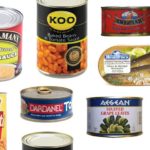Canned Food: A Comprehensive Guide
Canning is a method of food preservation that involves sealing food in an airtight container. The process typically consists of three main steps:
+ Preparation: This includes peeling, cutting, slicing, or cooking the food.
+ Canning: The food is then placed in jars or cans and sealed.
+ Heating: The sealed containers are heated to a certain temperature to kill bacteria and prevent spoilage.
Depending on the type of food, canned goods can have a shelf life of 1-5 years. Canned foods come in a variety of types, including meat, fish, and vegetables.
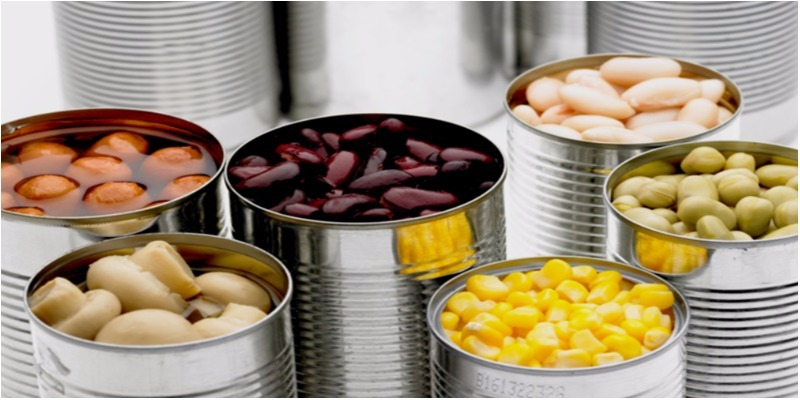
Nutritional Value of Canned Vegetables
Canned vegetables retain a high amount of dietary fiber, similar to their fresh counterparts, which is beneficial for digestive health.
The heating process during canning increases the production of antioxidant compounds. As a result, canned tomatoes have higher levels of antioxidants than fresh tomatoes.
Vitamin A content also increases during the heating process, with canned corn having higher levels of Vitamin A than fresh corn.
Unlike fresh produce, the nutritional value of canned vegetables remains constant over time.
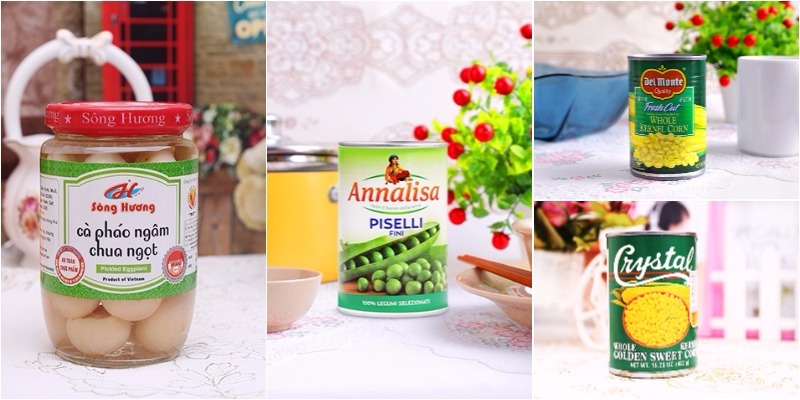
Drawbacks of Canned Vegetables
Certain types of canned vegetables, such as beans, are prone to losing some of their Vitamin and mineral content.
Canned vegetables often have high sodium levels for preservation. Rinsing the vegetables before use can reduce the sodium content but may also wash away water-soluble vitamins.
Canned vegetables may also contain added sugar syrups or salt, which can affect their natural taste and texture.
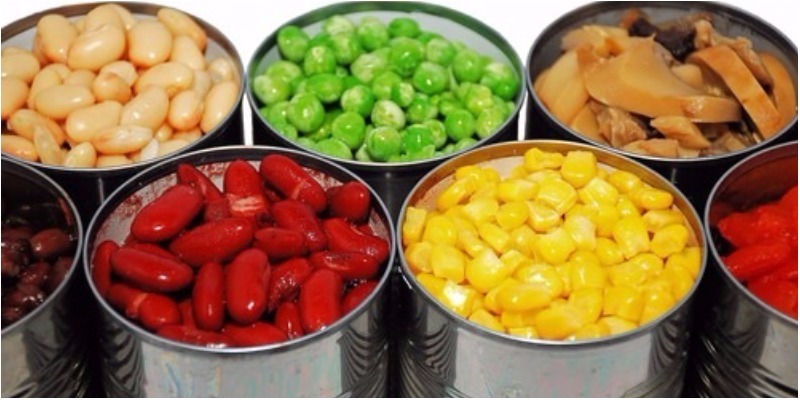
Tips for Choosing and Storing Canned Vegetables
Choose canned vegetables that are packed in their own juices without added syrups or sugars. For those with added salt, opt for the no-salt-added varieties.
Only heat canned vegetables to serving temperature as they are already cooked. Overcooking can lead to a loss of nutrients.
Once opened, consume the entire contents of the can and store any leftovers in the refrigerator for no more than 2 days.
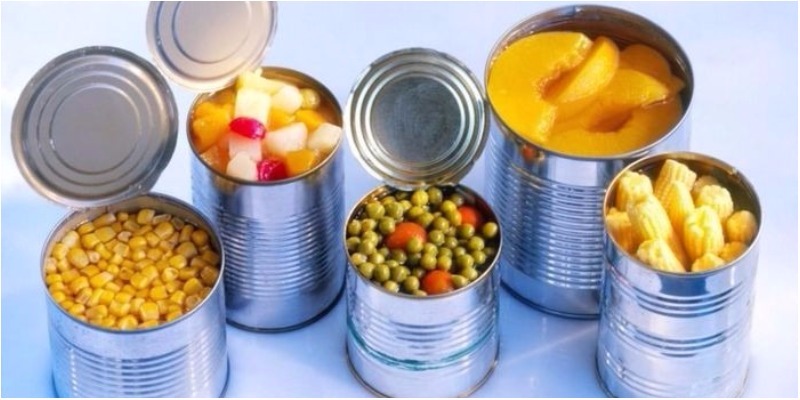
For more information, visit: vtc.vn, tienphong.vn
Canned vegetables offer convenience and longevity, making them a great option for busy days. However, it’s important to be mindful of the potential drawbacks and choose the best quality products for you and your family.
























